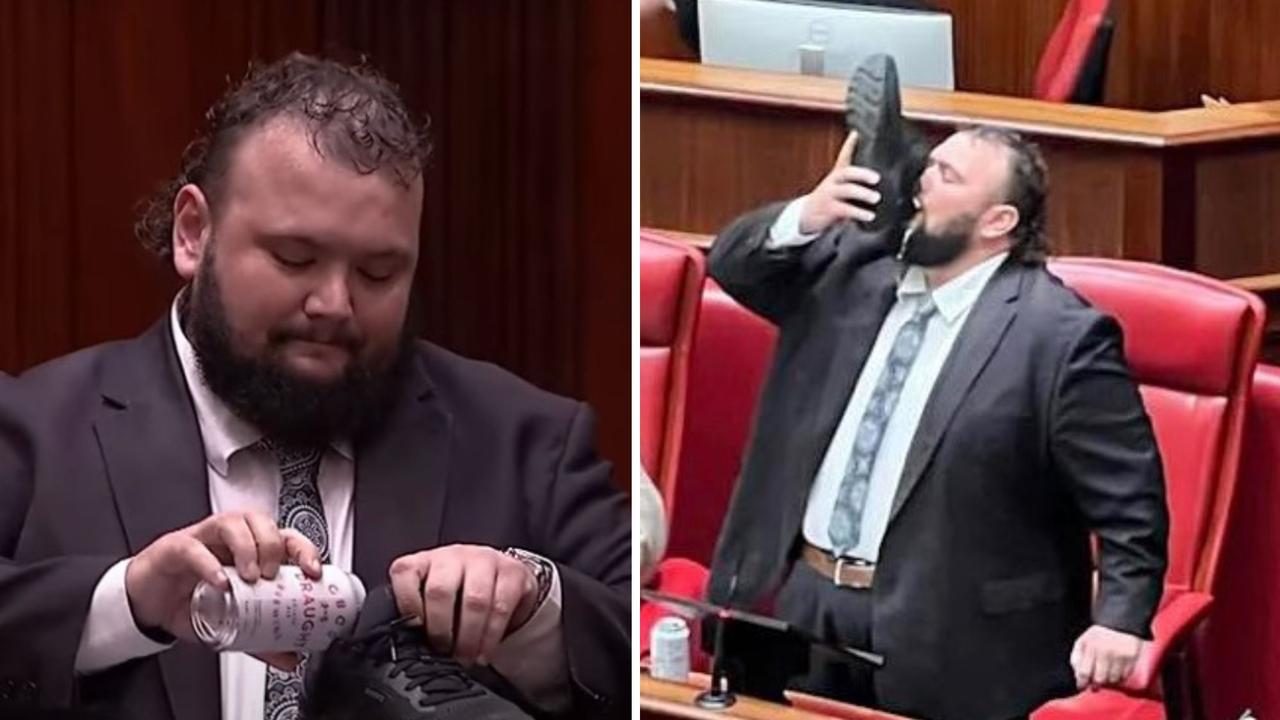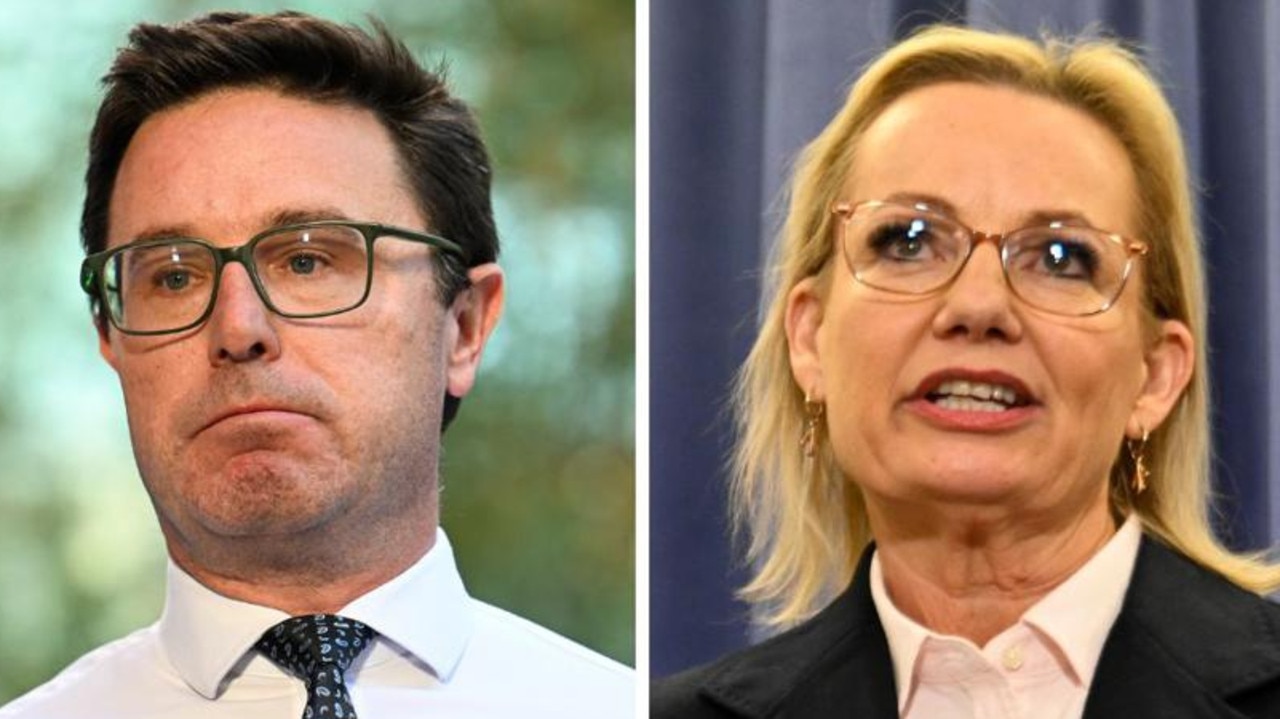ANU study reveals voters believe in idea of voice for First Nations people, disliked Anthony Albanese’s model
Australians overwhelmingly support the idea of a Voice, a new study has found, raising “serious questions” about why the referendum failed.
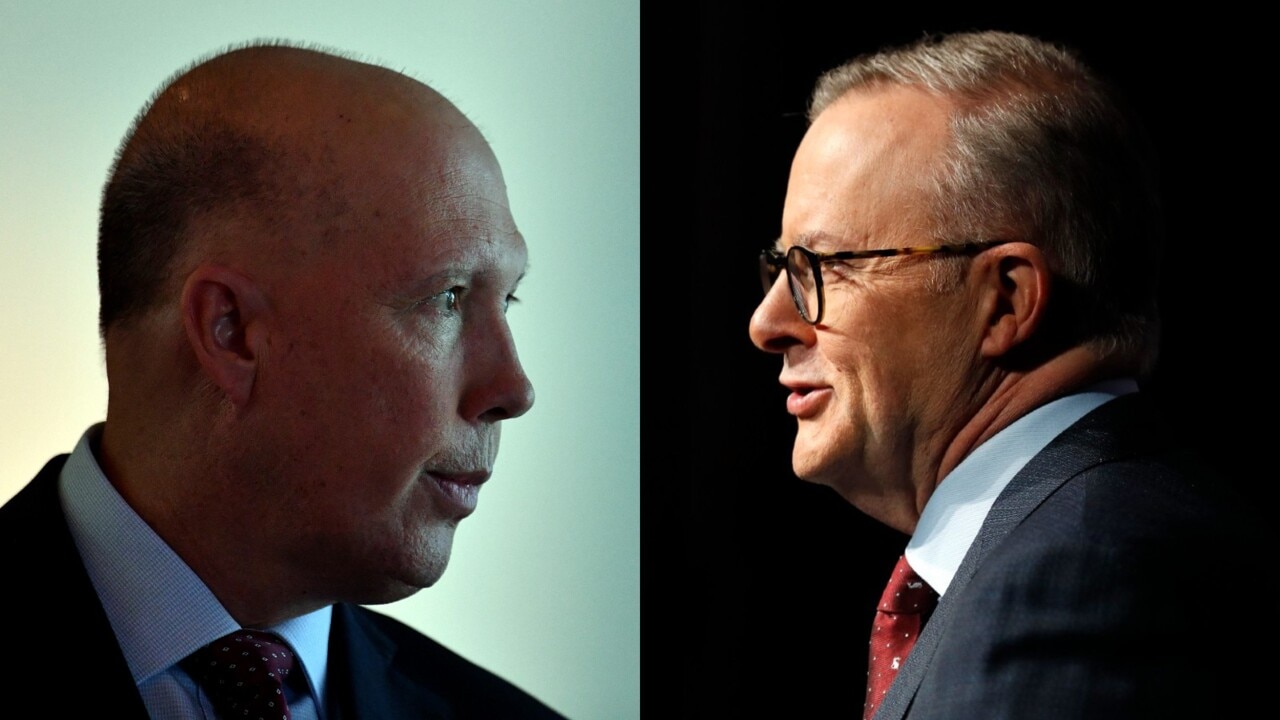
Australians overwhelmingly favour the idea of First Nations Australians having a say on matters that affect them, raising “serious questions” about why the Voice to Parliament failed.
Almost nine in 10 voters agree Aboriginal and Torres Strait Islander people should have a say on matters that affects them, according to a new Australian National University study, which the report’s authors say makes clear “one of the biggest paradoxes” of the referendum result.
More than 60 per cent of voters – about 9.42 million people – voted No in the October 14 referendum.
Almost all people who voted Yes last month agreed with that statement but surprisingly so did three-quarters of No voters.
The study further found Australians were more concerned by the proposed model than the actual substance of what they were being asked to vote on.
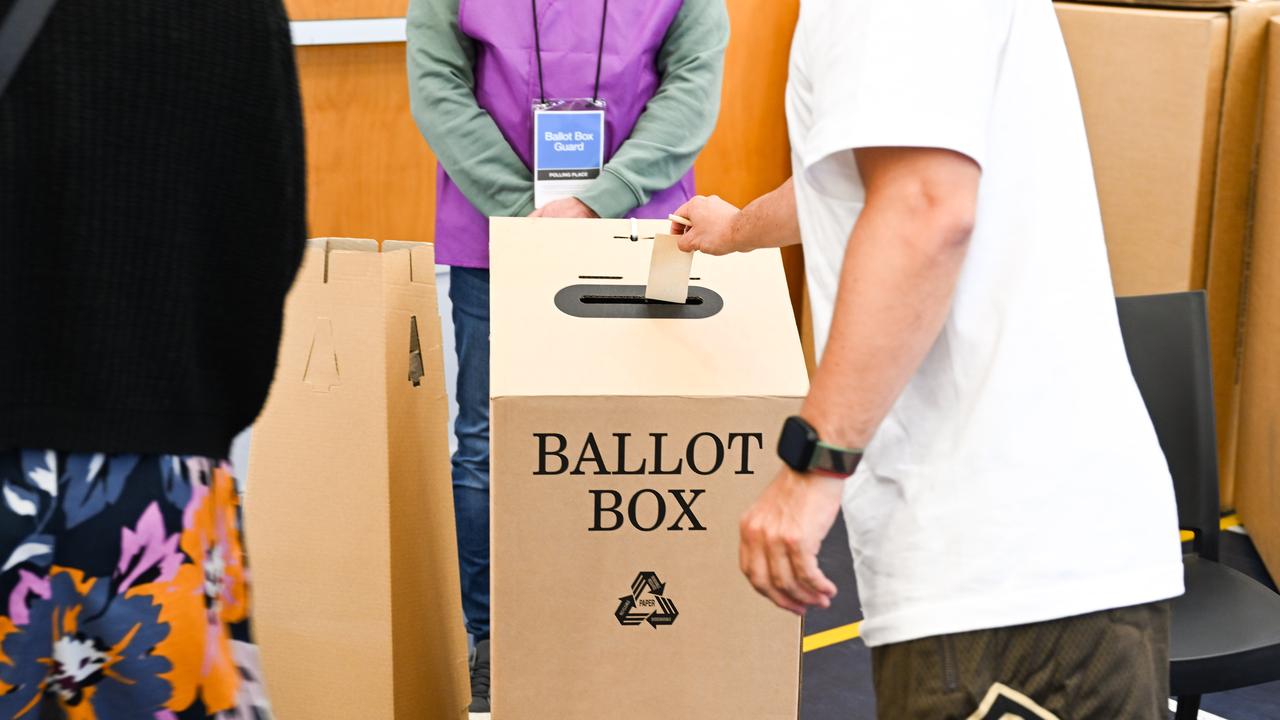
“So this raises serious questions about why the proposed referendum failed and saw more than 60 per cent of voters, and all states and territories, except the ACT, categorically reject it,” study co-author Nicholas Biddle said.
“Our findings suggest it is not so much the premise of recognition but the model that was being presented to voters at the referendum, among other key factors.
“But our job is to make sure that we implement the things that were promised in the last election … what’s most crucial, in my view, is to make sure we come up with a considered way forward, not a grab bag.”
Two-thirds of Australians who voted No said they rejected the proposed constitutional alteration out of fear it would “divide the nation”.
Professor Biddle said the survey had found many Australians felt “special rights” for Aboriginal and Torres Strait Islander people were “unfair”.
“A sizeable number of Australians also think that the reason for Aboriginal and Torres Strait Islander disadvantage is a lack of effort,” Professor Biddle said.
“Those Australians who hold these views were far more likely to vote no than those that did not.”
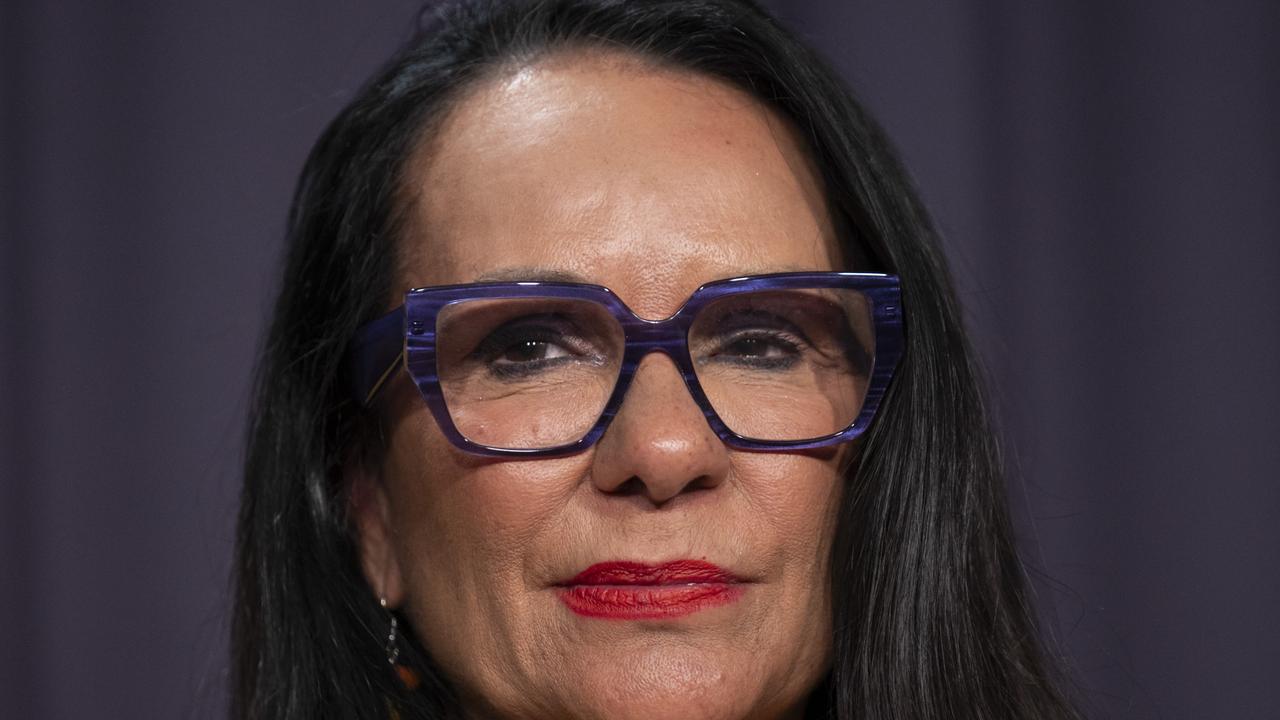
The university has been tracking the views of 4200 voters since January.
Professor Biddle said the study showed most voters were supportive of some form of constitutional recognition.
“Our findings show that there is widespread support for a broad definition of constitutional recognition,” Professor Biddle said.
“Almost five times as many Australians, 61.7 per cent, said they would definitely or probably would have voted yes if there was a referendum on recognition compared to those who said that they would probably or definitely have voted no – 12.5 per cent.”
The study found 42 per cent of those who said they would vote Yes in January ended up voting No in October.
On the flip side, of those who said they would have voted No when asked in January, 4.8 per cent voted Yes.
“Our study also shows the Yes vote declined much more for those who would have voted for the Coalition than for the other two part groups. The Yes vote among Coalition voters was roughly one-quarter of what it was in January 2023,” Professor Biddle said.
More broadly, the survey found women were more likely to vote Yes than men, and voters aged 18-24 were twice as likely to favour the proposed constitutional change.
Voters who were most likely to change their vote were those who spoke a language other than English at home.
The release of the study comes just days after Indigenous Australians Minister Linda Burney said there was a “very live discussion” on moving towards local and regional voices in the wake of the referendum’s defeat.
On Friday, ahead of a Closing the Gap meeting with her state and territory counterparts and stakeholders, Ms Burney said the government was actively exploring other framework options to consult with Indigenous communities.
“There are structures across Australia and they have to be self-determined, it’s not up to government to say ‘this is the way you do things’,” she said at the time.
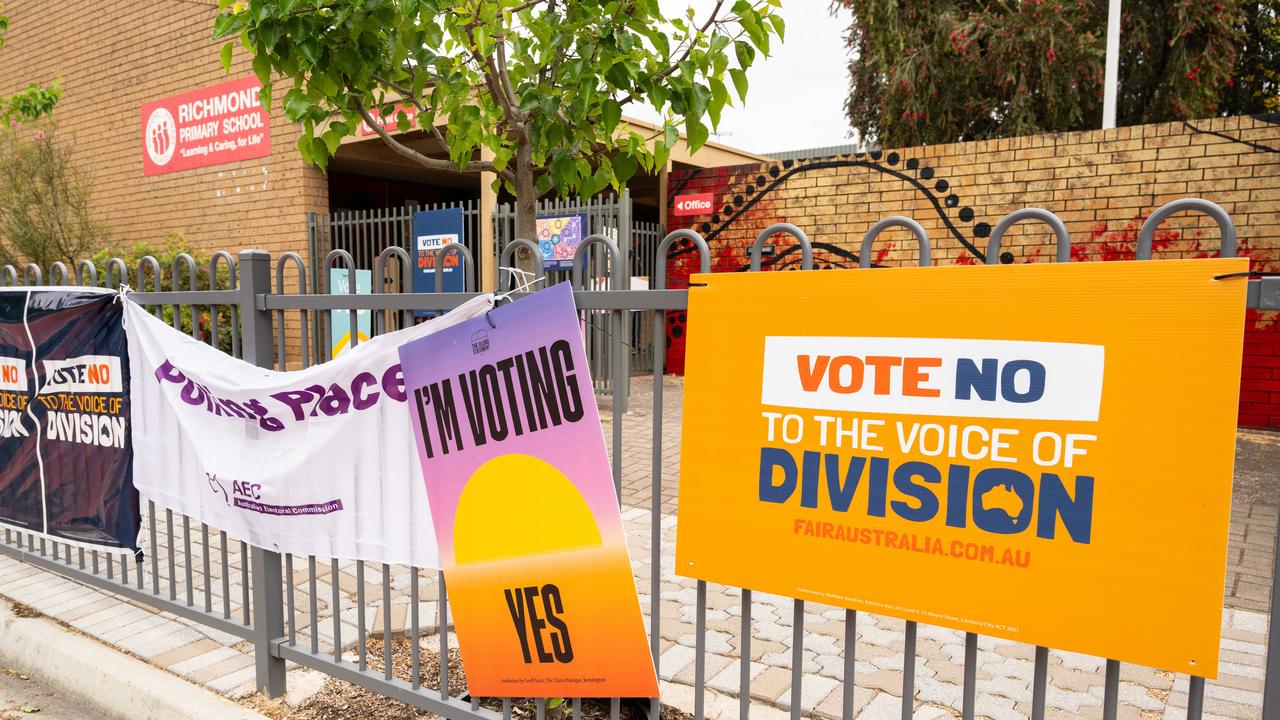
The ANU study further found that 9.4 per cent of Australians thinking the government should help improve reconciliation, with eight out of 10 voters agreeing that Australia should “undertake formal truth-telling processes to acknowledge the reality of Australia’s shared history”.
Ms Burney on Friday said the government was looking closely at truth-telling – the third request of the Uluru Statement from the Heart where the Voice to Parliament came from.
“Very much what I’m hearing moving around the country is ‘what does it mean for the rest of the Uluru statement?’” Ms Burney said.
“In particular, I’m hearing the importance of truth-telling. I am not saying I’ve got a model in my mind, but I am saying that what I’m hearing very clearly from Aboriginal communities is the importance of truth-telling.”

